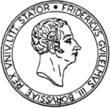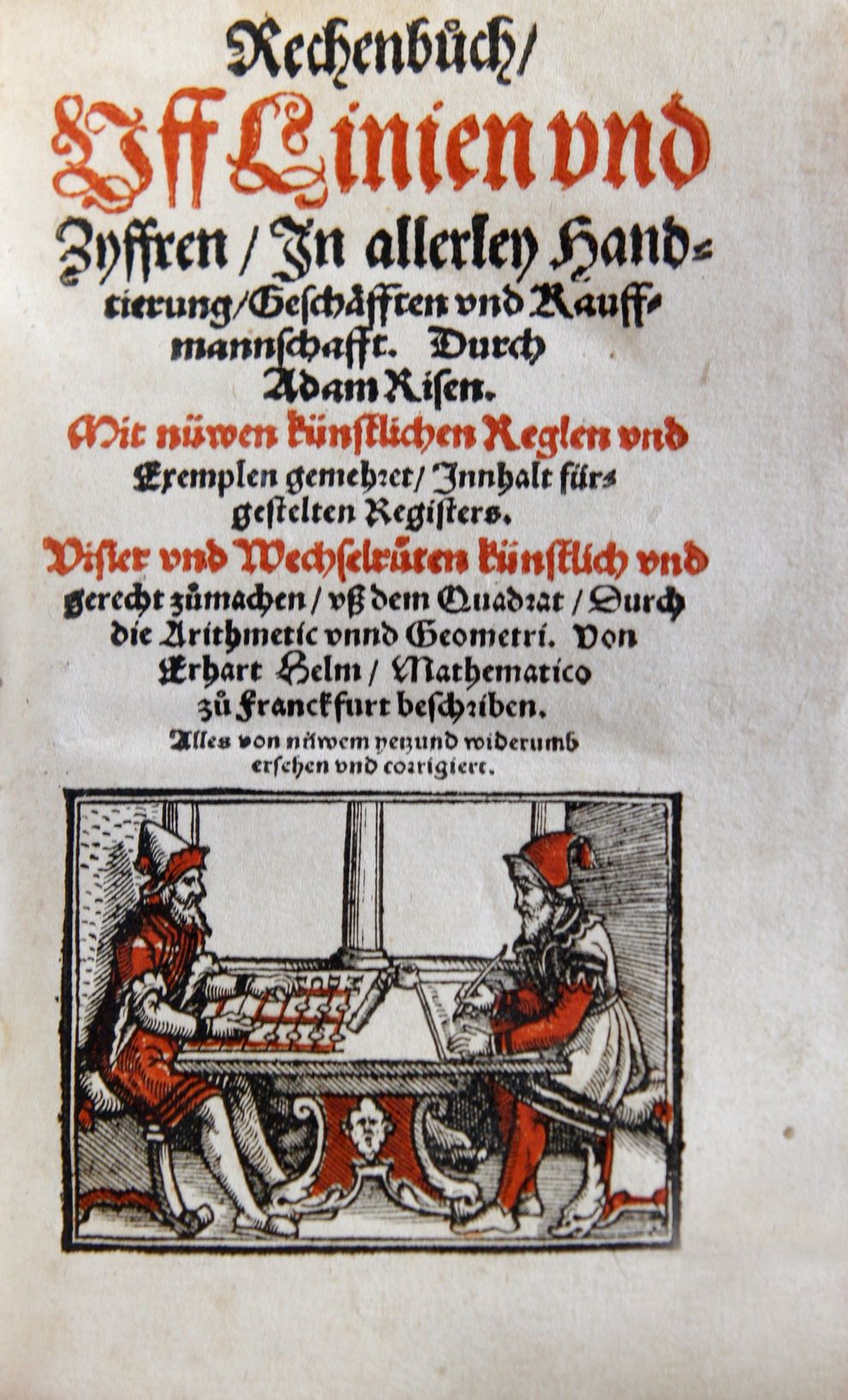Collections – Historical Books
The collection of historical books on arithmetic and mathematics in the Arithmeum is quite unique. Many of them go back to the days of Gutenberg and the beginnings of the art of printing. Priority has been given to the acquisition of the first printed books in German on these topics. These books are also very interesting from the viewpoint of cultural history, as they enable one to follow the development of mathematical expression both in word and also pictorially in the many illustrations.
Their content represents the way people did numerical reckoning at a certain point of time, and how new inventions worked and were used. Moreover, they give an insight into how difficult it was at the time to teach “the man in the street” the rudiments of reckoning, not to mention the children at school.
One can also follow the development over time of didactic techniques for teaching the art of reckoning. On the other hand, one also sees how the way of tackling certain problems is copied without essential change by one author after the other, even across cultural barriers.
This collection of early books on mathematics shows clearly how learned people from the Renaissance onwards endeavored to assemble, edit and translate antique knowledge. It is particularly fascinating to observe how, in the presentation of new discoveries, man’s ability to think abstractly has developed over the centuries. Proofs requiring several pages in the 18th century are today explained fully in a few words, like Euler’s famous »Königsberg Bridge Problem«. Absolute highlights like Newton‘s »Principia Mathematica« are also to be found in the collection.
Works on geometry like Albrecht Dürer’s »Opera Omnia« as well as books on how to use it supplement the collection. These works are particularly appealing on account of their graphical illustrations which were an integral part of the discourse and not just decorative.







